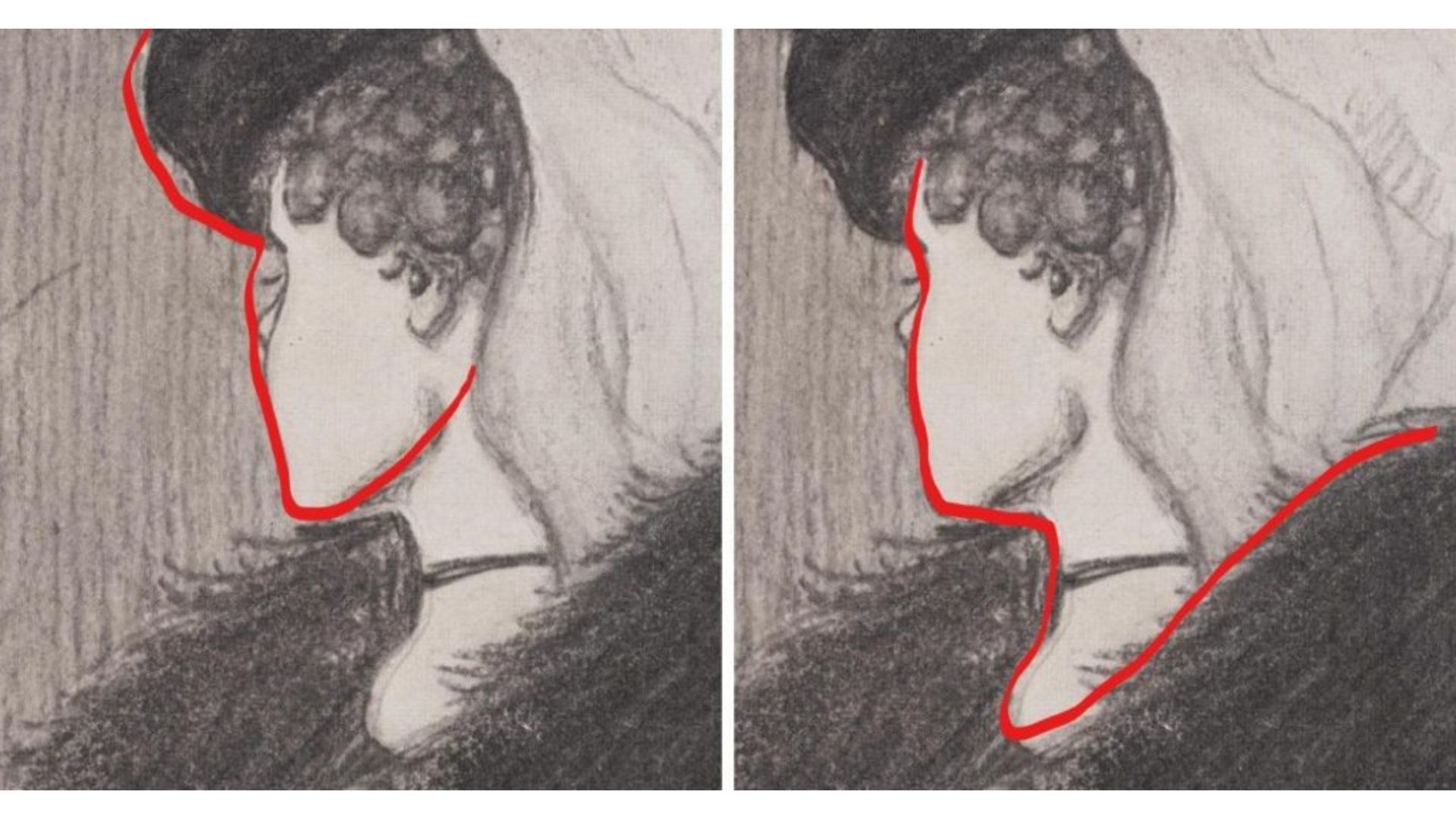Internal Consulting Research Report: Begin as trusted insiders, grow as respected professionals
4 min read
Bringing the best of external consultant practice to the unique world of internal consultants
“Internal Consultants – begin as trusted insiders, grow as respected professionals” is the product of two years’ research in Europe, the USA and Canada.
It highlights the current differences between internal and external consultants and presents a way forward which could significantly increase the professional influence of internal consulting groups in contemporary business organisations.
You can read an Executive Summary of the report here.
To request your copy of the entire report, simply complete the form at the bottom of this page.
Internal consulting groups have the potential to create significant advantages for their parent companies. They live inside the company culture and know the most effective ways to get things done, to implement, to ‘make change happen’.
They are trusted as insiders, they gain ready access to information and, ‘knowing’ the organisation and the individuals in it, they are less likely to be misled by the personal or political agenda of others.
Operating its own consulting group, the company keeps in house the wisdom and skills developed in each project, it gets consulting tailored to its needs and gets it more cost effectively than from external consultants, whose fees are set to make a profit.
To enhance their own capabilities, many internal consulting groups seek to learn the skills and practices of external consulting groups by recruiting experienced external consultants, working in partnership with external consulting groups and acquiring their methodologies.
The success of such efforts depends critically on recognising the central and unchangeable differences between internal and external consulting groups. Unlike an external consulting group, the internal consulting group:
– Serves two masters, client and corporate
– Is managed by and to corporate expectations
– Is embedded in the company culture
– Is constrained by its position in the company hierarchy
Internal consulting groups have an opportunity to leverage their current capabilities significantly if they adopt broadly from the external consulting group world and adapt what they take to reflect these real differences.
The Corporate Contract
Whereas external consulting groups are free to determine their own business strategy, the internal consulting group has a ‘Corporate Contract’ which sets its strategy.
This contract, which might be explicit but is very often implicit and vague, sets out which services the internal consulting group is to provide, to which customers, under which competitive conditions, under which authority and under which financial terms and conditions.
The first challenge to the internal consulting group is to get its strategy – Corporate Contract – established fully and explicitly so that its purpose, objectives and authority are clearly understood.
The Corporate Contract must support the internal consulting group and provide focus and structure for its activities.
With a clear and consistent Corporate Contract in place, the internal consulting group’s management can concentrate on:
– Developing effective client-consultant relationships
– Designing an appropriate consulting cycle for the group
Respect, Trust and Value
The report describes three key elements of the client-consultant relationship as defined in the research. These elements – Respect, Trust and Value – are vital to the success of both internal and external consultants and are the foundation on which a positive and sustained client-consultant relationship is built.
The internal consulting group needs to be more aware of the impact of these elements when negotiating their Corporate Contract in order to build on the natural advantages they may have as members of the same company as their clients.
Phases of the consulting cycle
Moving on to the four phases of the consulting cycle – Selling, Doing, Finishing, Managing and Sustaining the Relationship – the report highlights the advantages or disadvantages an internal consultant may have when compared with an external consultant.
It then looks at the potential impact of these for those who have to manage an internal consulting group’s:
– Culture and skills
– Human resources
– Infrastructure
– Management process
It is clear from the research that internal consulting groups have the potential to make significant impact on the consulting world. They need to be willing to adopt professional ‘best practice’ from external consulting while being alert to the very real differences which exist between the two.
Most of all, the research shows that internal consulting groups must recognise the demands their special position places on them and create Corporate Contracts, client-consultant relationships and a consulting cycle which reflects the uniqueness of their world.
Report Structure
The report is divided into three chapters:
Chapter One
Summarises the differences between internal and external consultants. It highlights those differences which are unchangeable (i.e. ways in which internal consultants will always be different from external consultants). These differences need to be understood as they determine how internal consulting groups can effectively adopt and adapt the appropriate best practices of external consulting groups.
Chapter Two
Focuses on the operational impact of these unchangeable differences on the work of consulting. It summarises how the foundation of the client-consultant relationship is different for internal consultants (compared to external consultants) in terms of Respect, Trust and Value, the three themes which capture the essential foundations of the client-consultant relationship. It then reviews how this relationship impacts on the consulting cycle. We have used a simple model which characterises the internal consulting group’s consulting cycle in four steps, Selling, Doing, Finishing, Managing and Sustaining the Relationship.
Chapter Three
Highlights the management challenges facing internal consultants if they are to exploit the implications of Chapters One and Two. The major challenge for an internal consulting group is to define, articulate and implement its strategy – the Corporate Contract – as this contract determines the basis for the internal consulting group’s:
– Culture and skills
– Consulting cycle
– Human resources
– Infrastructure
– Management processes
Into the future
The way forward for internal consultants is then to embark upon a process which combines their own unique advantages with the best external consultant practices appropriate to their Corporate Contract.
Professional Services, Professional Development, Advisory Skills, Consulting Skills.
Request your free copy of the research report
Simply complete your details below and we will email you a copy of the entire research report.



